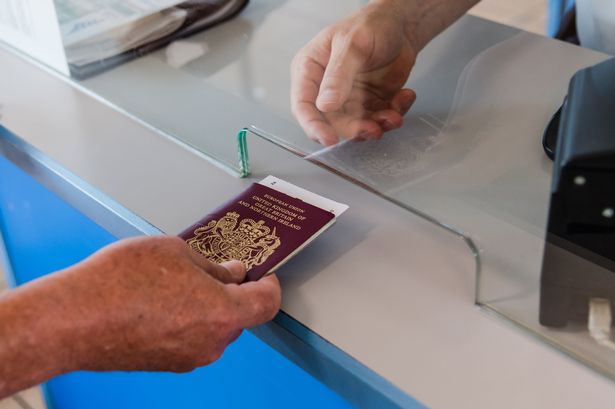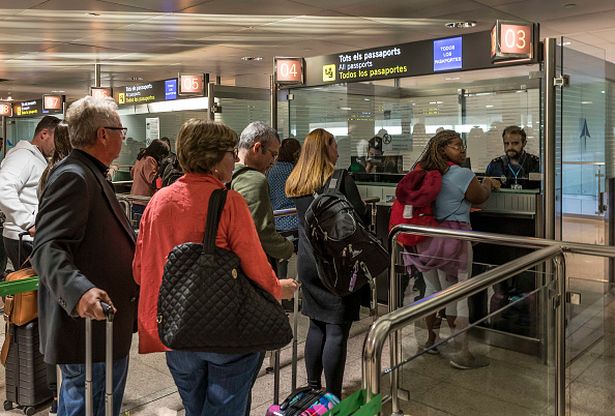Thailand is a popular travel destination for Brits seeking some winter sun – but new travel restrictions came into place earlier this year that people should be aware of before arriving
As the colder weather approaches, some of us may not be ready to say goodbye to summer, and looking for some winter sun.
While there are many destinations offering balmy weather for freezing cold Brits, Thailand is a popular spot for many people over the winter months. Data from Thailand Travel Specialists at Travelbag found that during peak travel seasons (November to February), departures to Thailand increase by more than 158 per cent.
More than 35 million visitors flock to Thailand annually, with more than 700,000 travelling from the UK alone. With this demand, the experts urge all travellers to be aware of the new entry requirement that took effect in May of this year to avoid any stress or delays when entering the country.
READ MORE: Stunning UK train journey named the best in the whole of EuropeREAD MORE: ‘Prettiest village in Wales’ is one of the UK’s best seaside towns
According to Helen Wheat, asia destination manager at Travelbag said: “As of May, all foreign nationals travelling to Thailand must complete the Thailand Digital Arrival Card (TDAC) online. While there is no strict minimum time, it is recommended to submit the TDAC at least 72 hours before arrival to avoid any delays in processing.”
She said this digital form has replaced the traditional paper TM6 card to “streamline immigration procedures” and does not require any fee or payment.
Wheat further noted: “If the TDAC isn’t completed in advance, travellers may experience delays at immigration and be required to fill it out at a self-service kiosk on arrival, which can take much longer.”
The expert also recommended screenshotting or emailing the confirmation to your phone as you may be asked to show it, and said to make sure you have your passport, flight details and accommodation information ready when completing the form.
“At Travelbag, we advise all customers to complete the TDAC ahead of time to avoid unnecessary stress and enjoy a hassle-free start to their trip,” Wheat added.
For those who don’t want to travel as far as Thailand, there’s a European secret that delivers a comparable adventure much nearer to home. The Shala River has earned the title “Thailand of Europe,” offering a taste of paradise without the lengthy journey or cost of a holiday in Southeast Asia. It features stunning turquoise waters and dense, rainforest-like landscapes, creating an exotic adventure in Europe’s heartland.
Ideal for an autumn getaway, Albania enjoys delightfully mild temperatures of approximately 25C in October, with plenty of sunshine making it perfect for late-season sun-seekers.
For those drawn to Thailand’s 1,500 miles of shoreline and more than 1,400 islands scattered with limestone formations, colourful coral reefs, and magnificent beaches, Albania’s Shala River offers an extraordinary substitute.
Do you have a story to share? Email [email protected]







